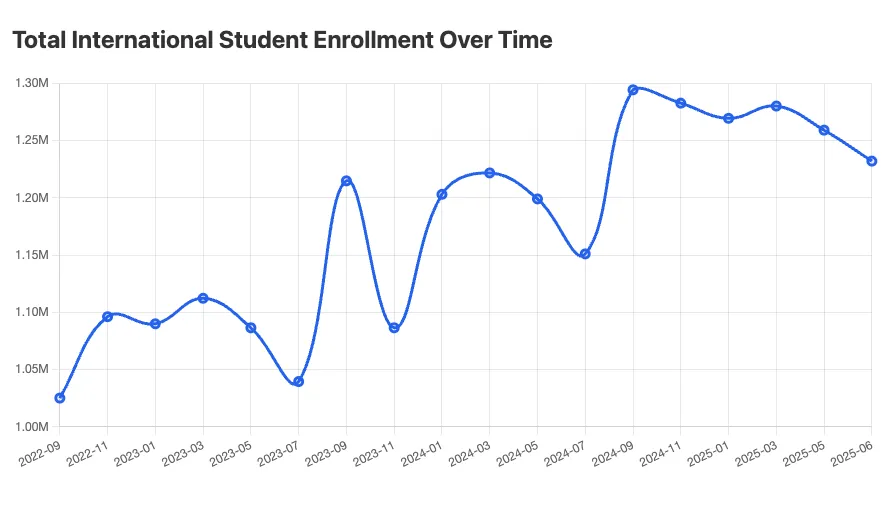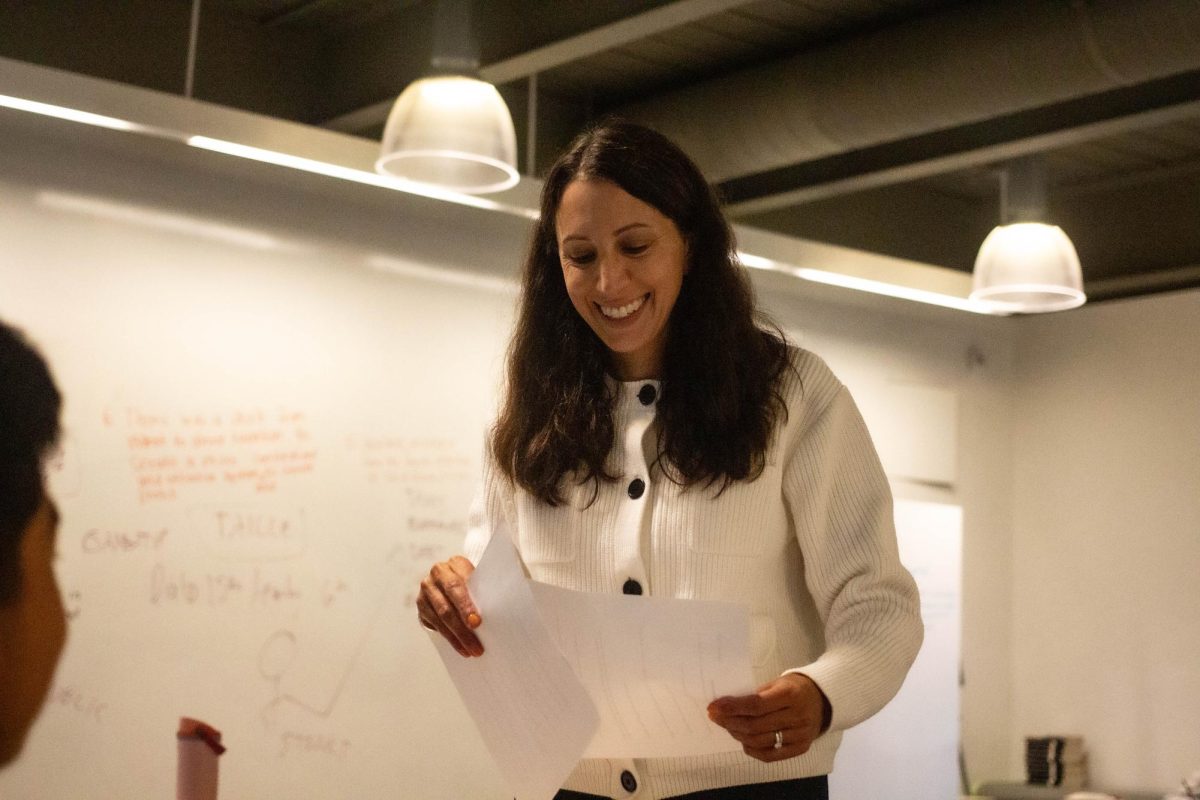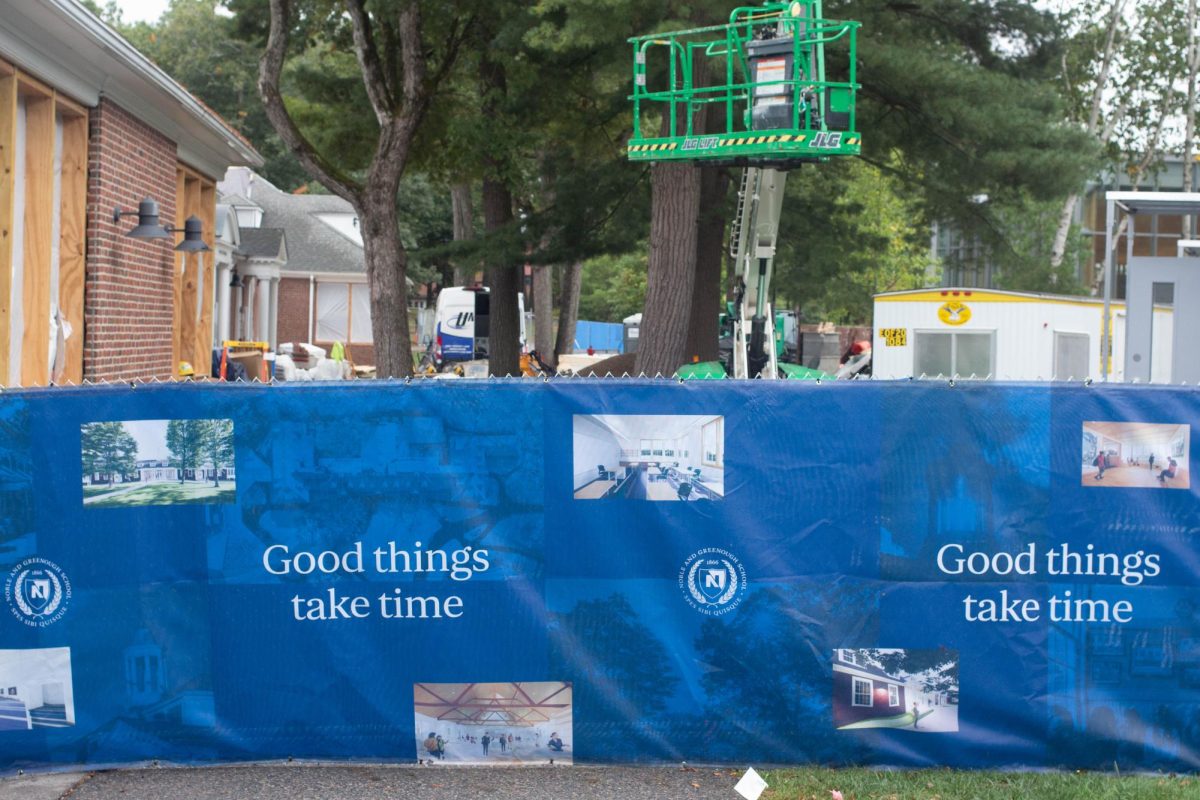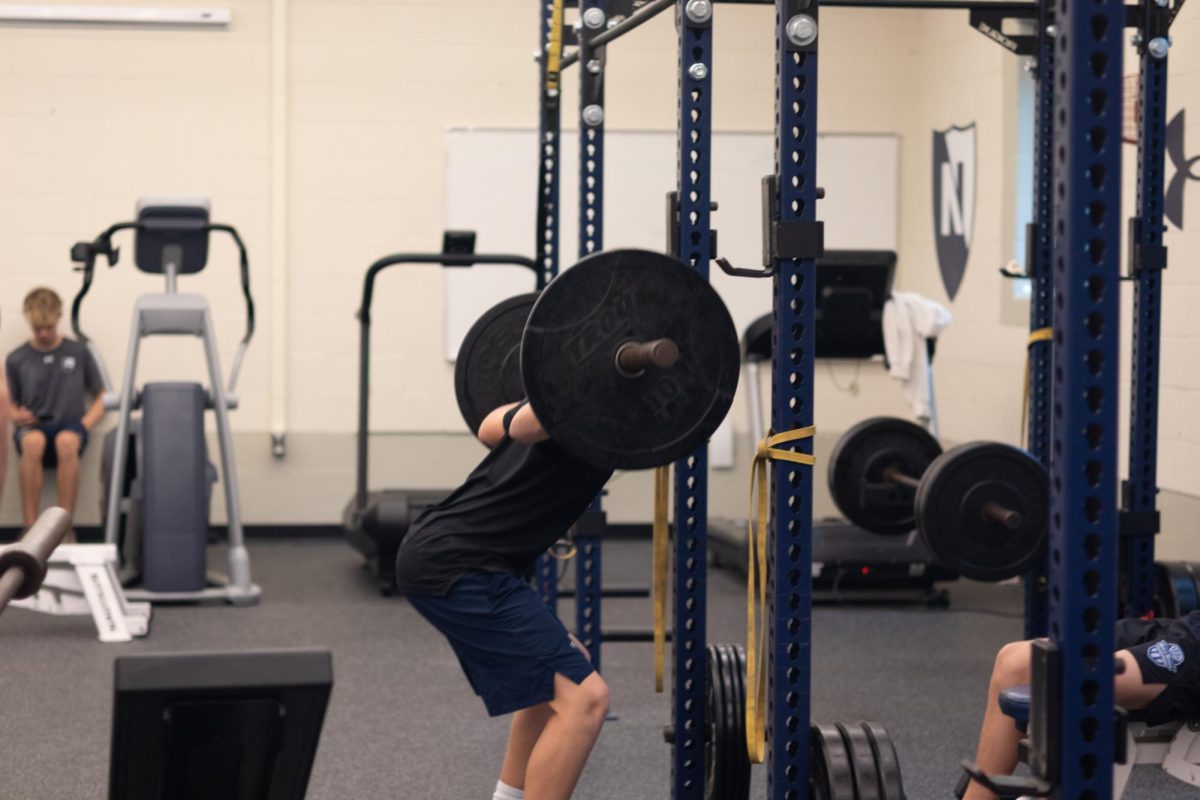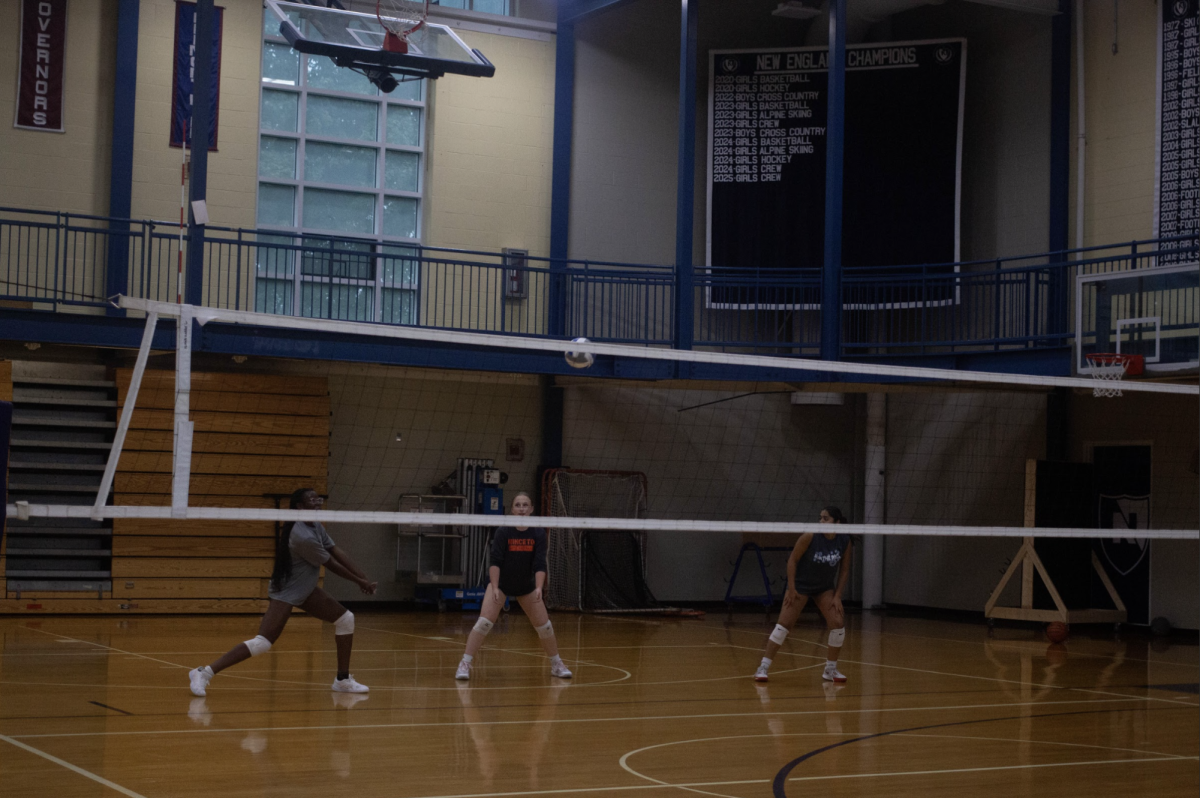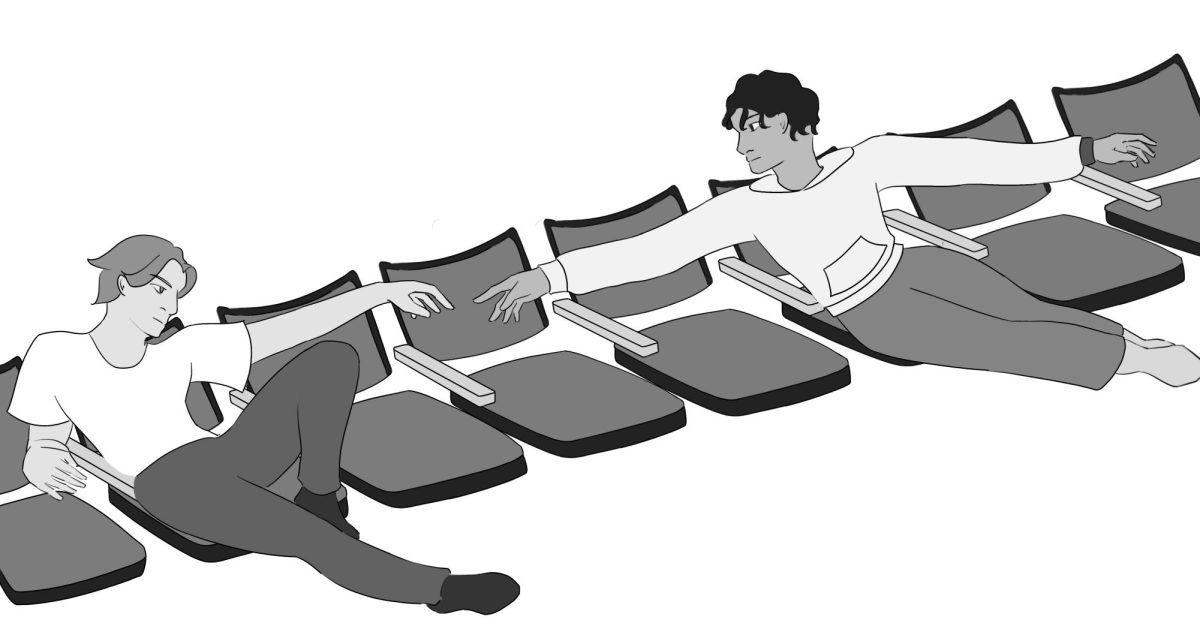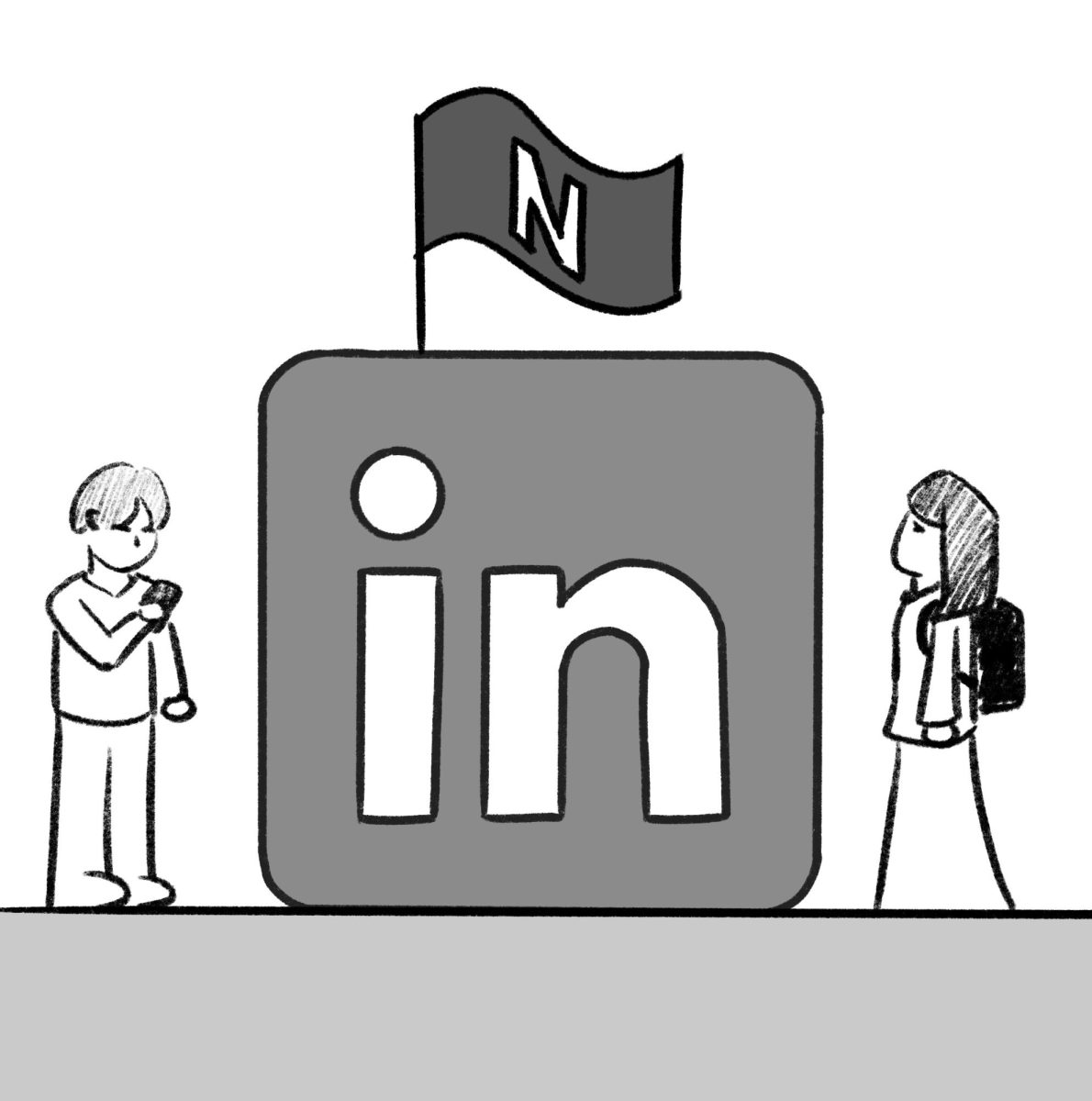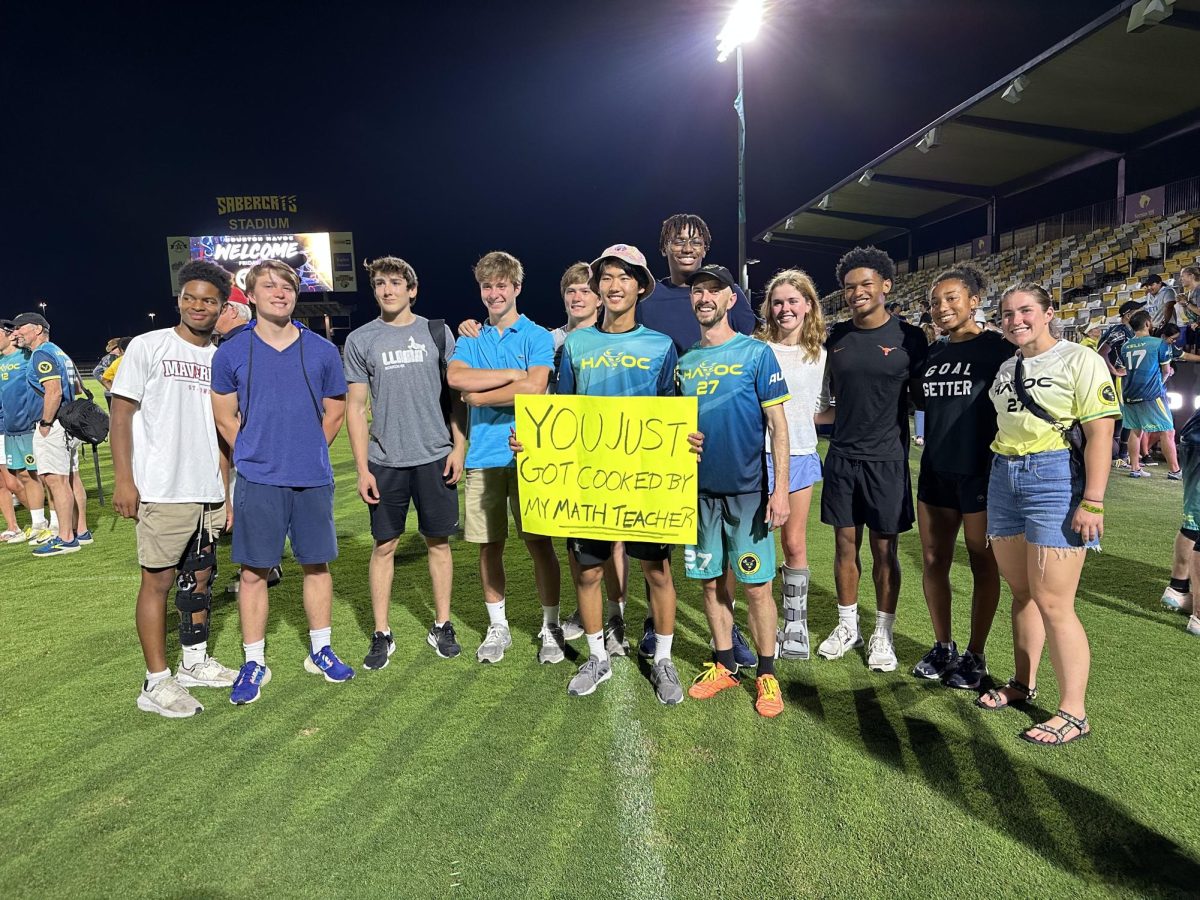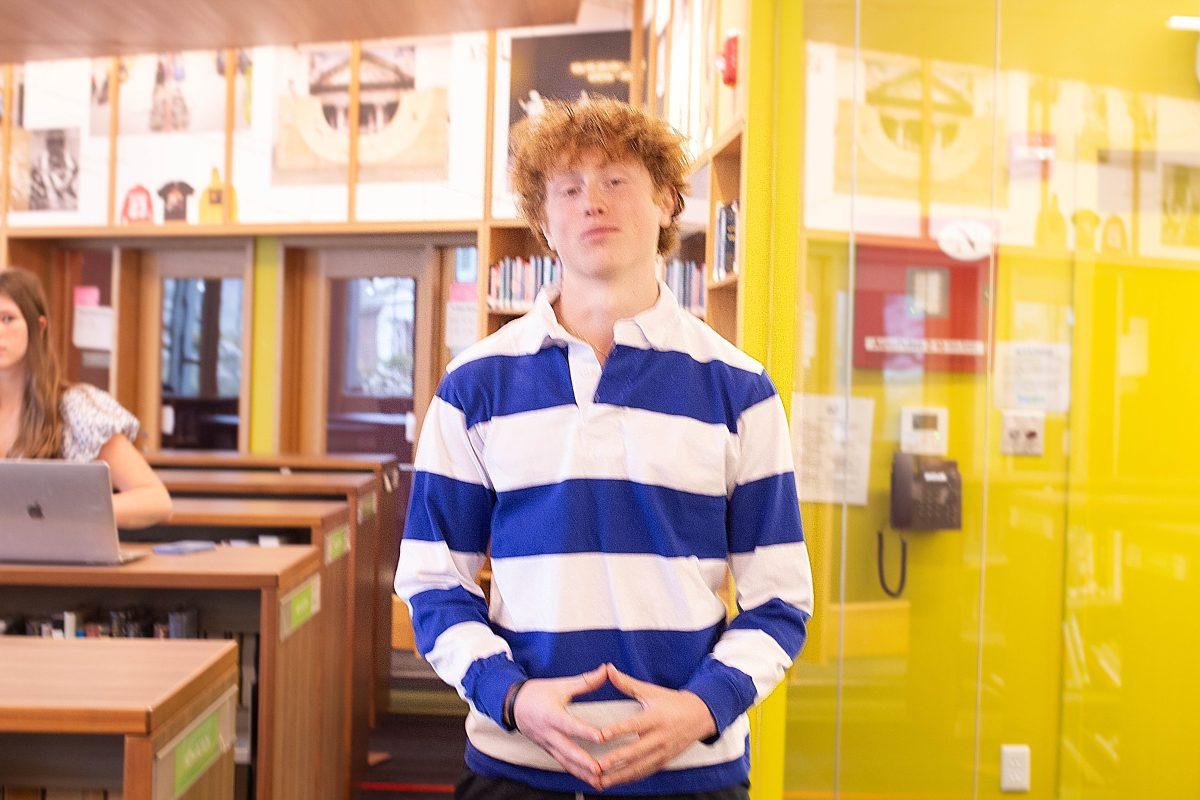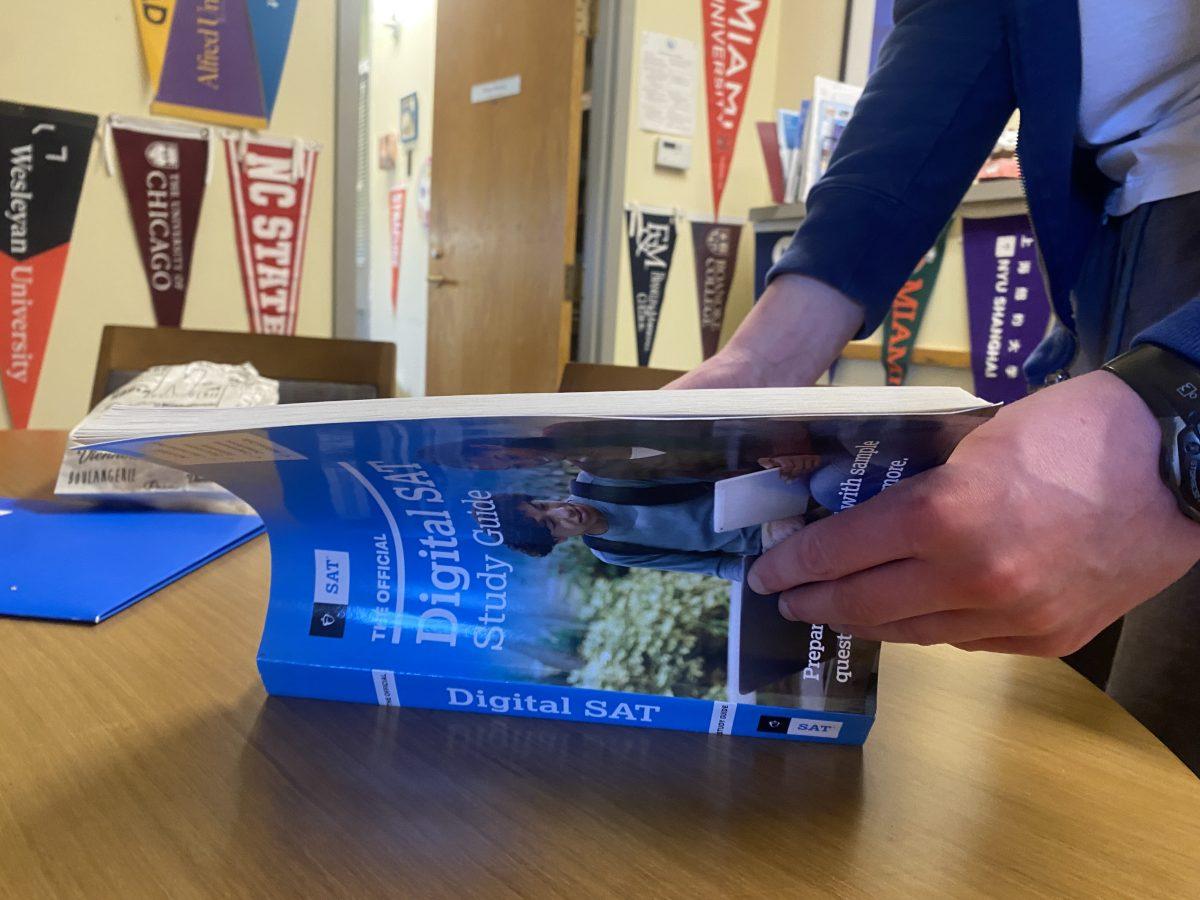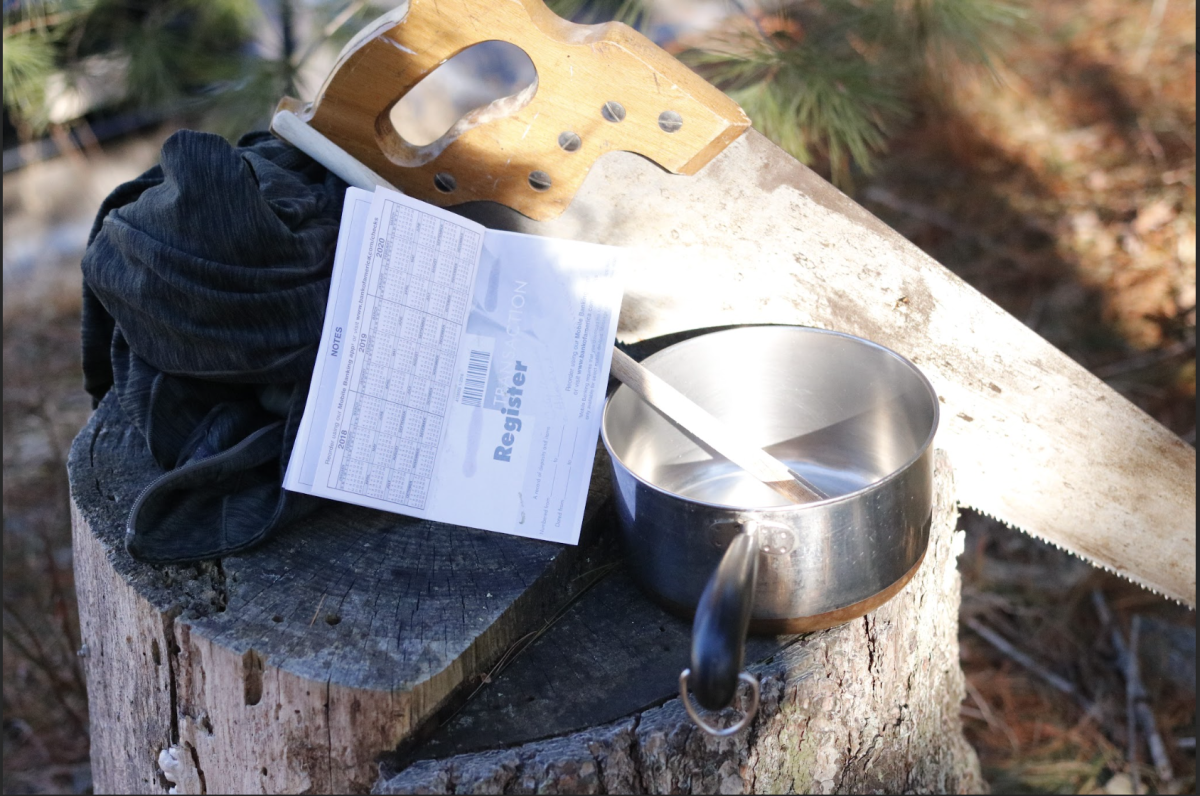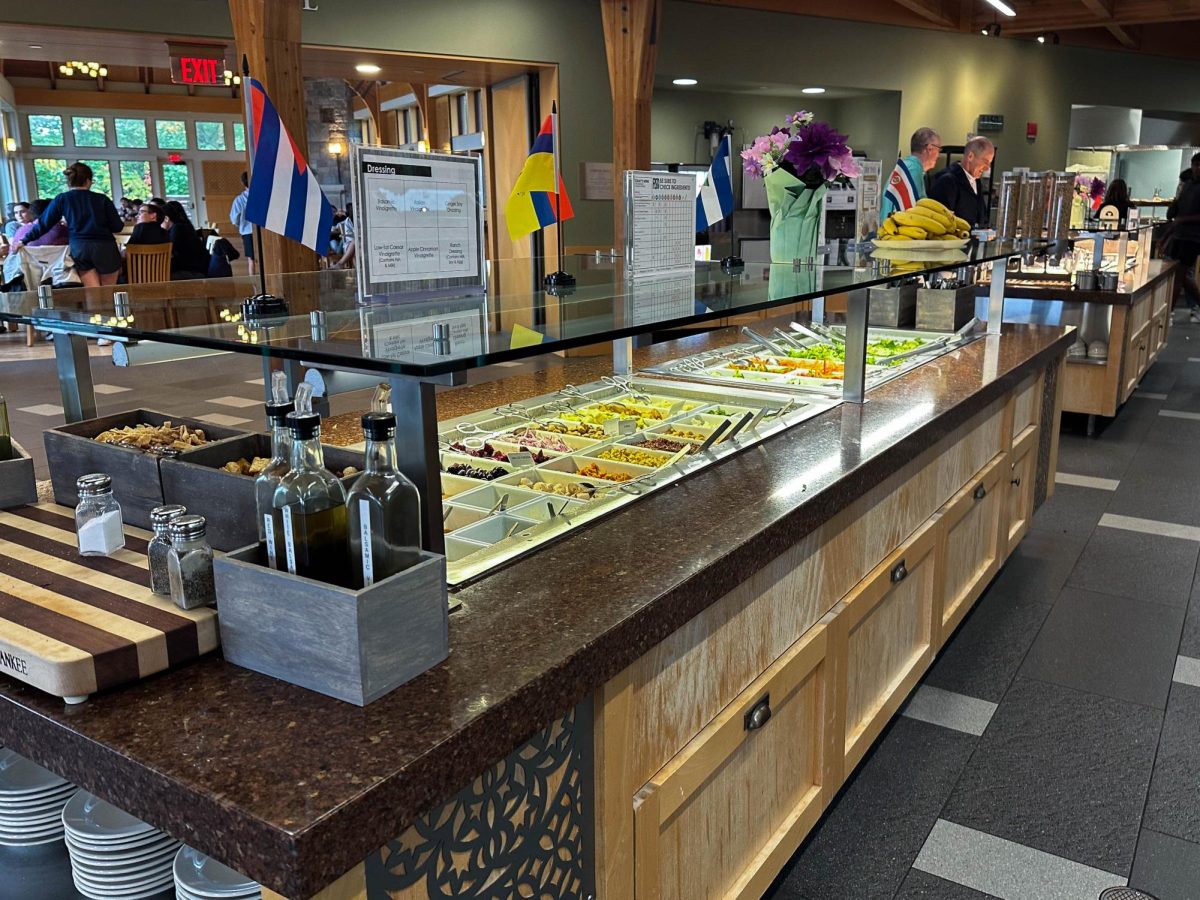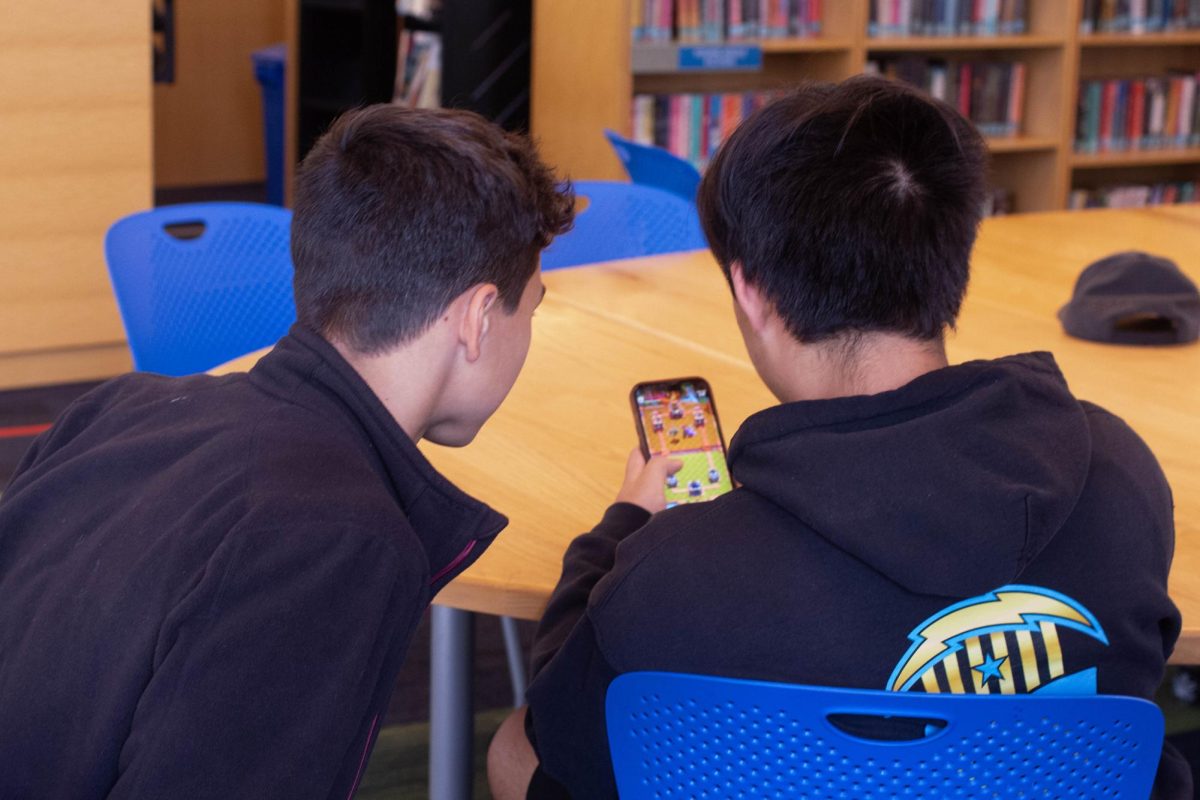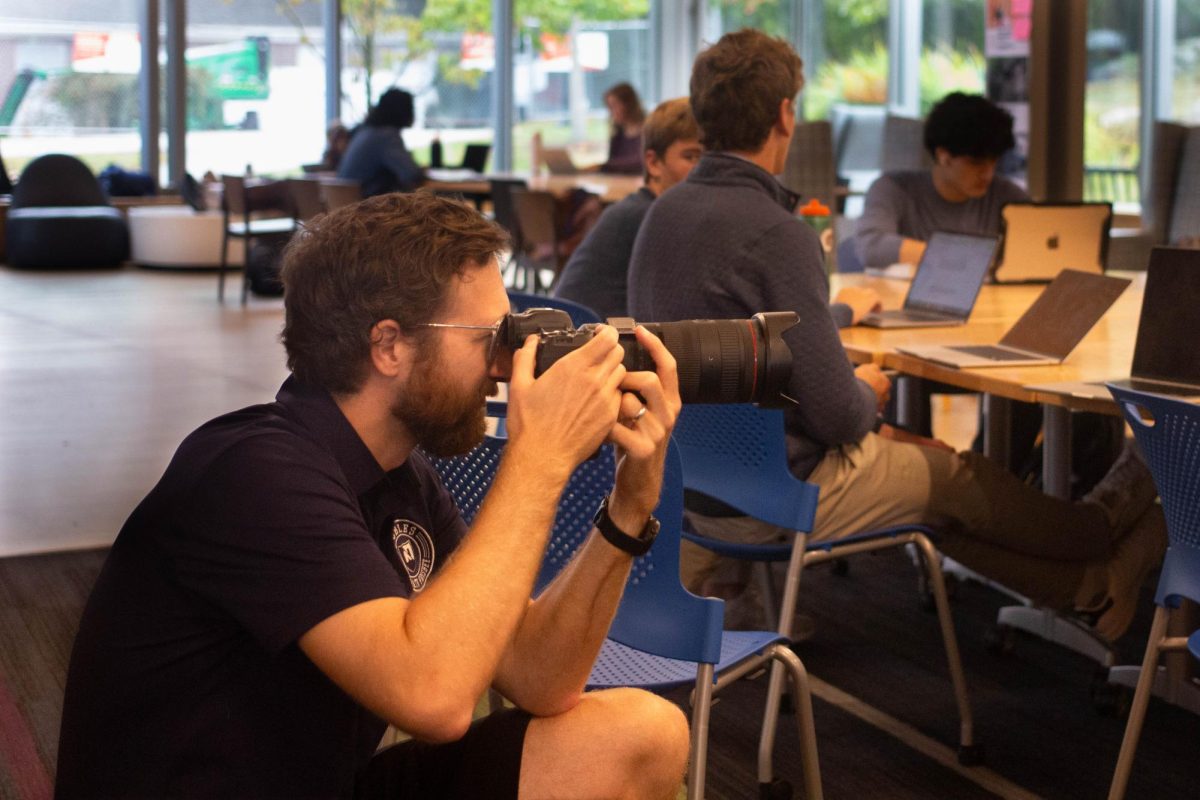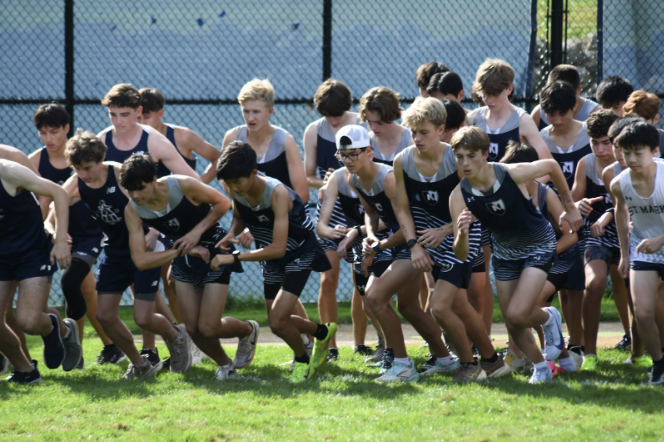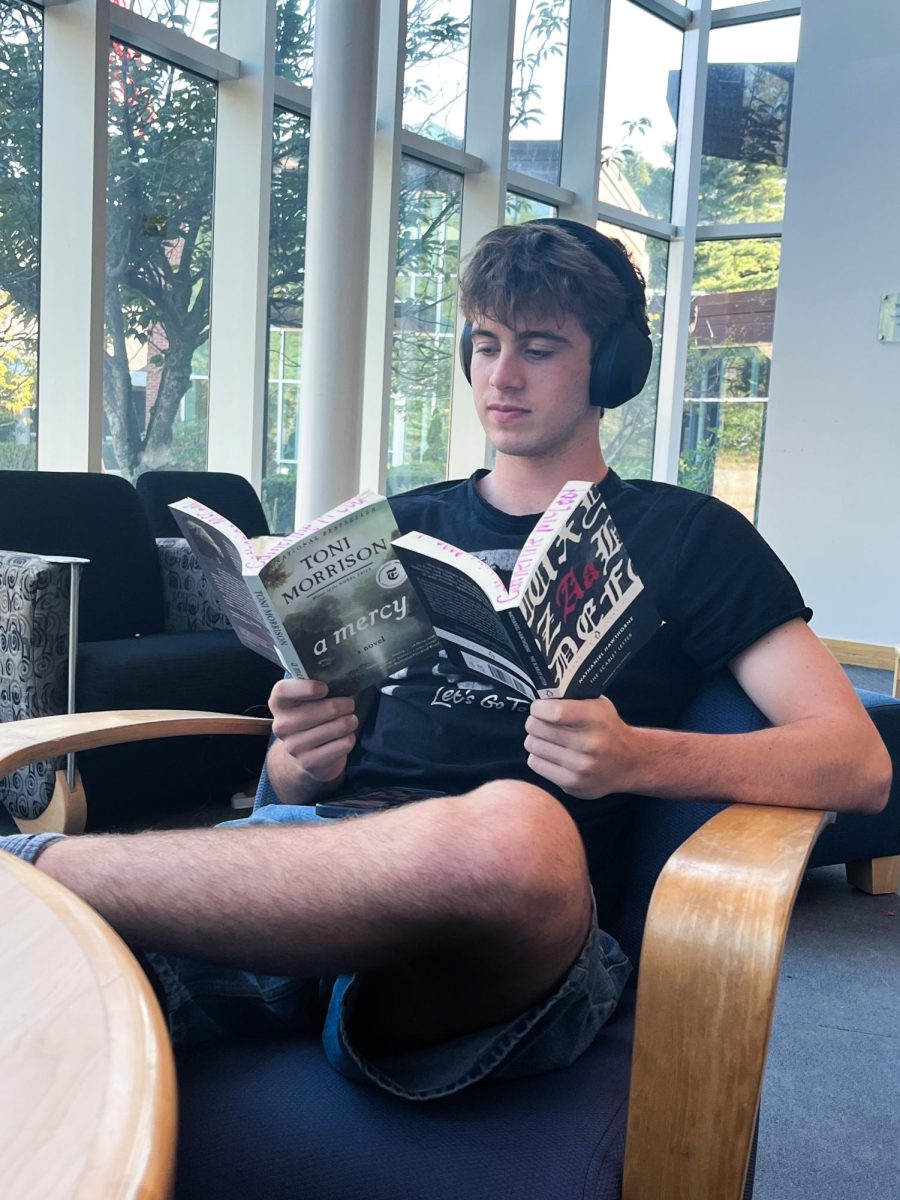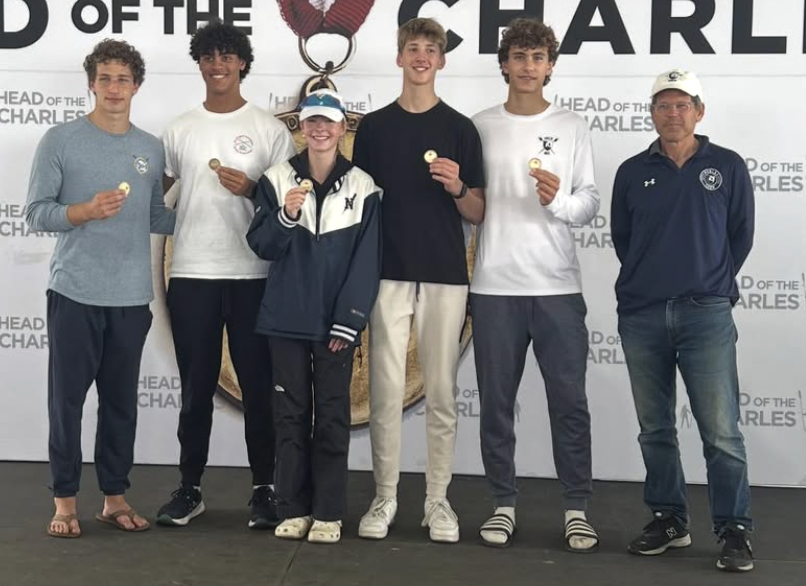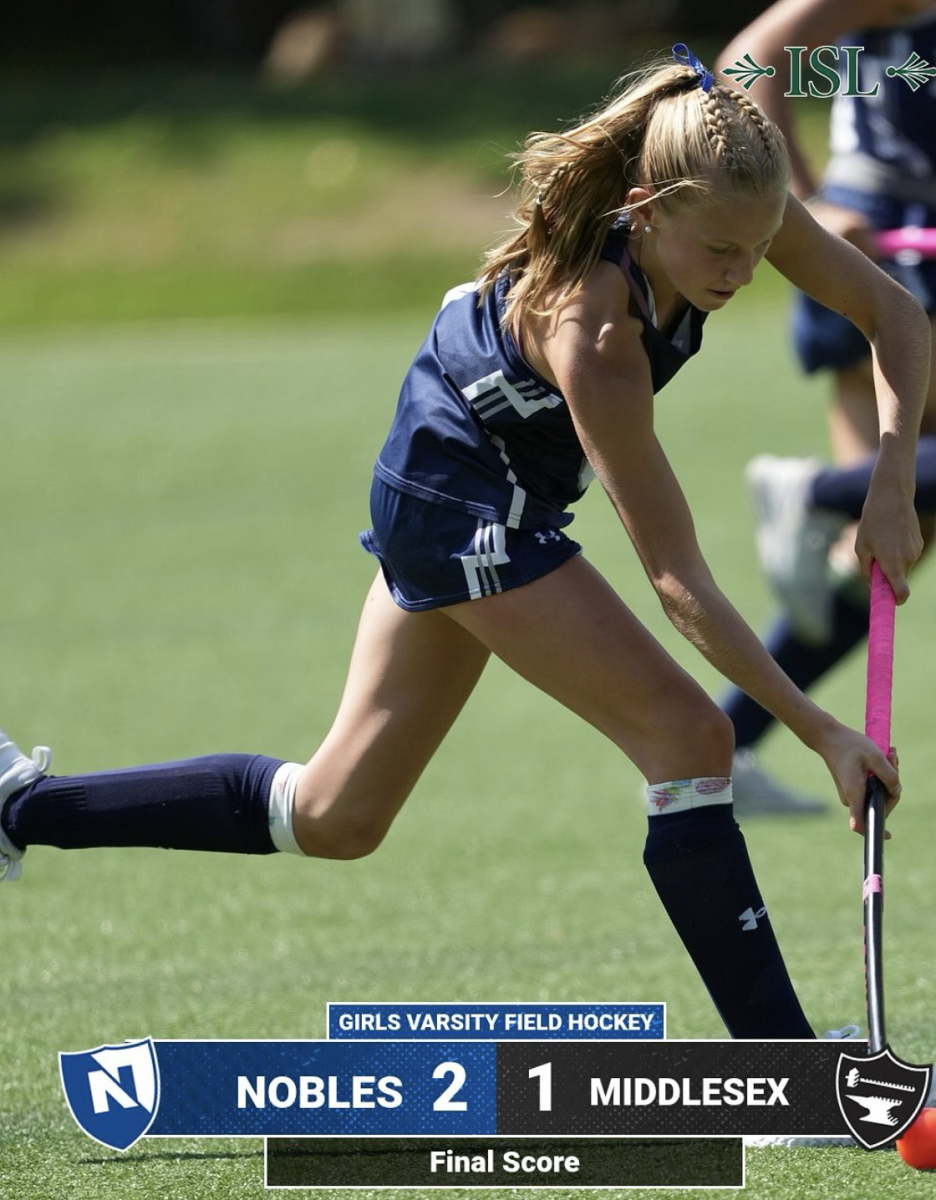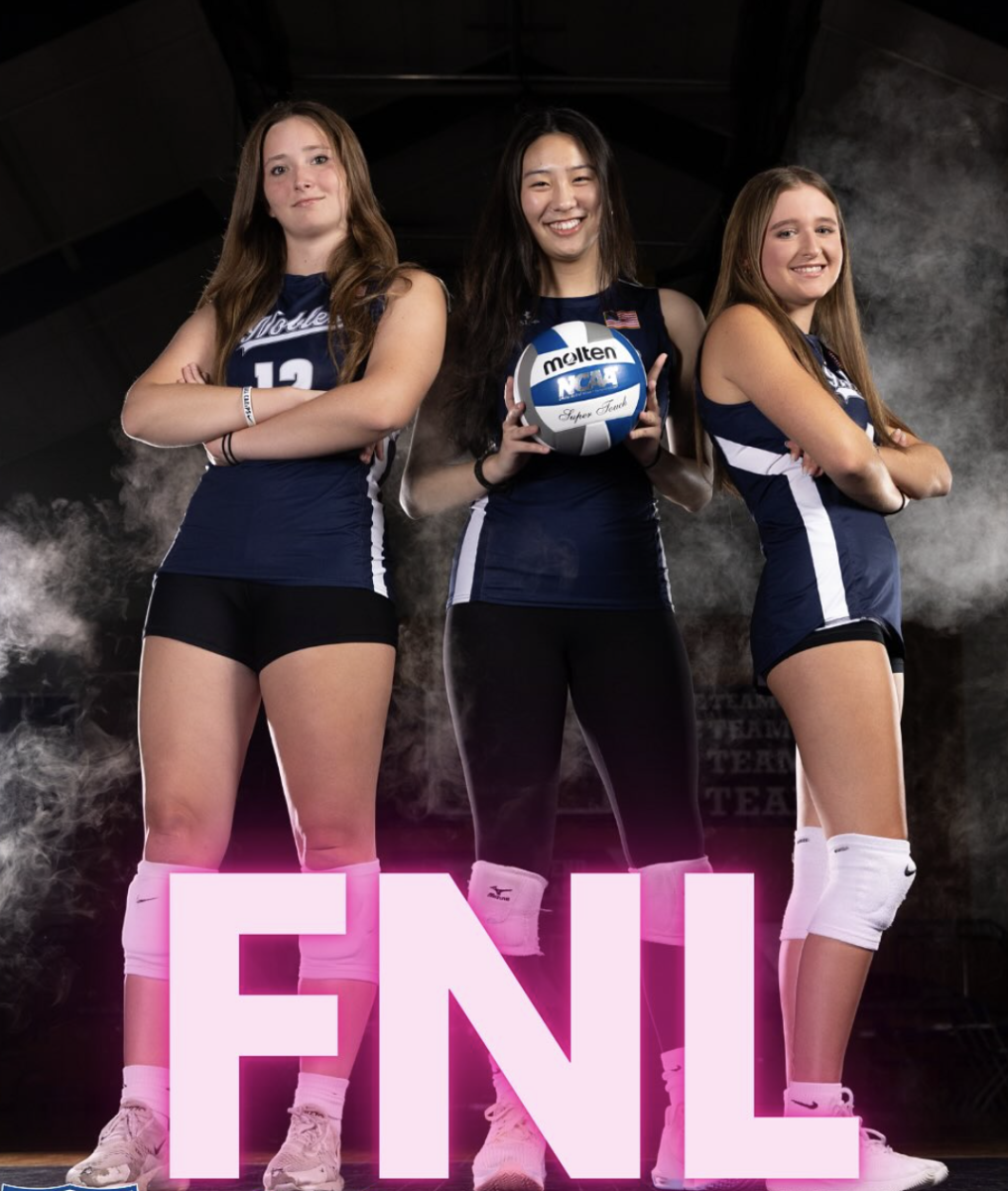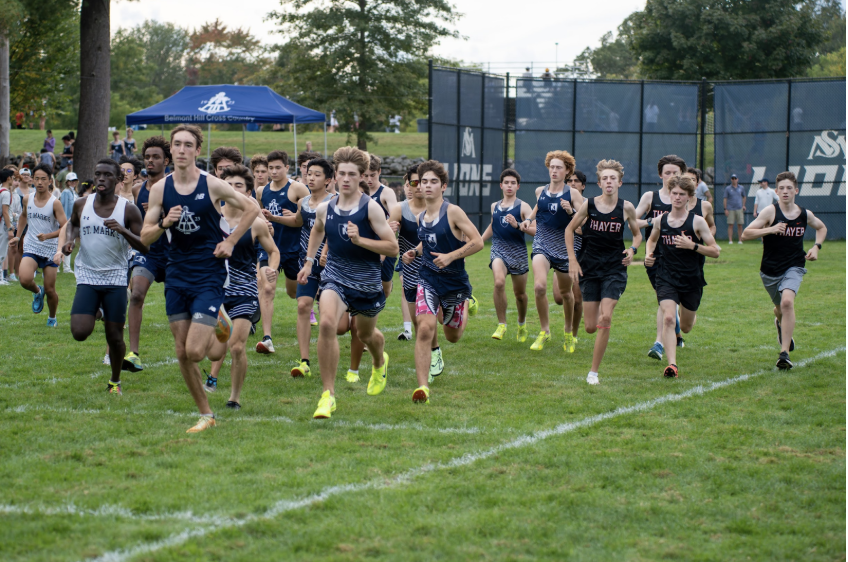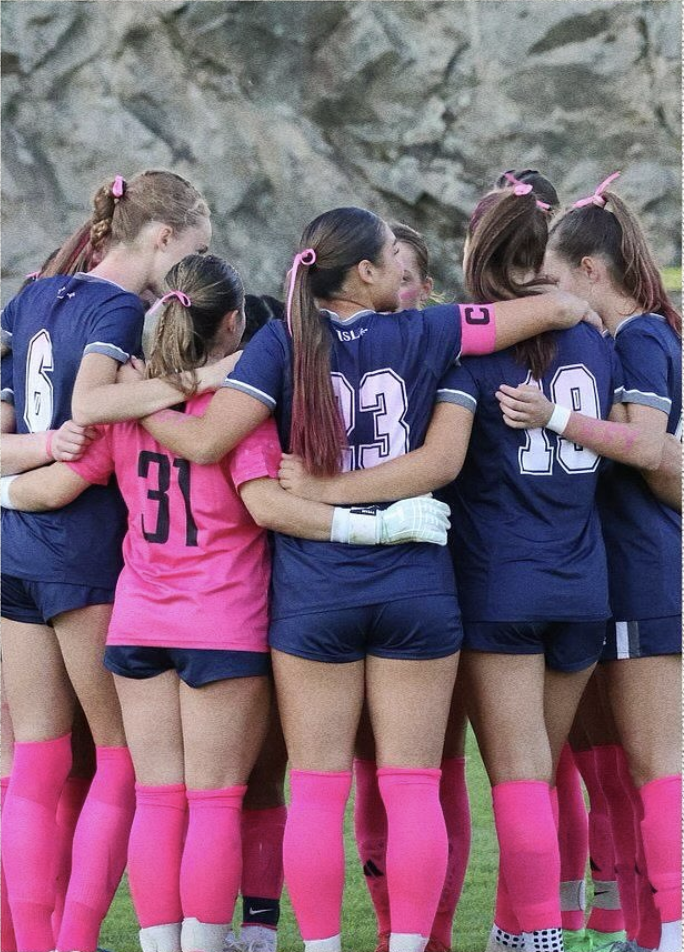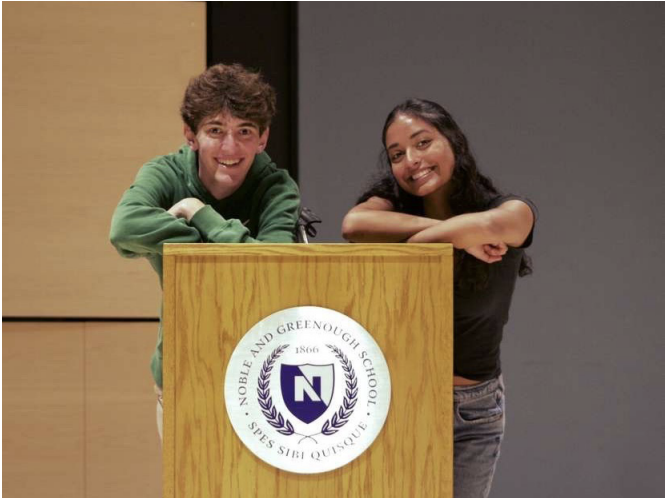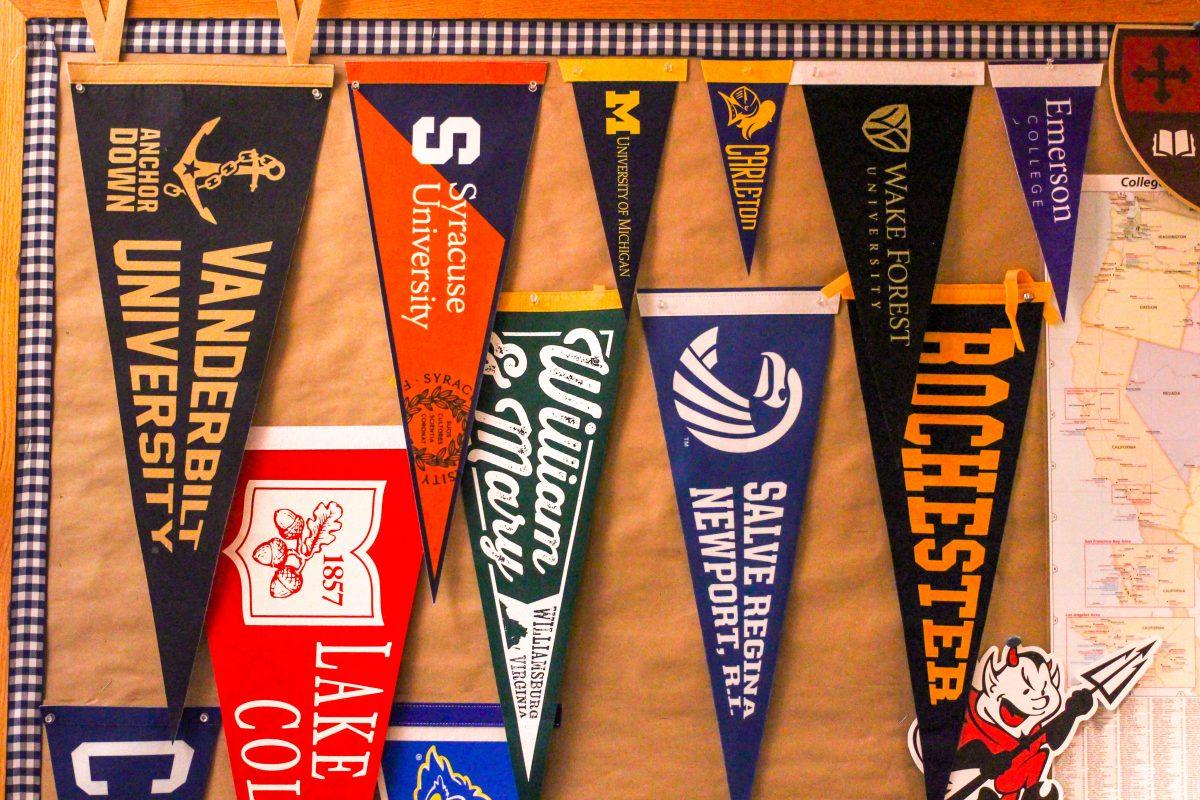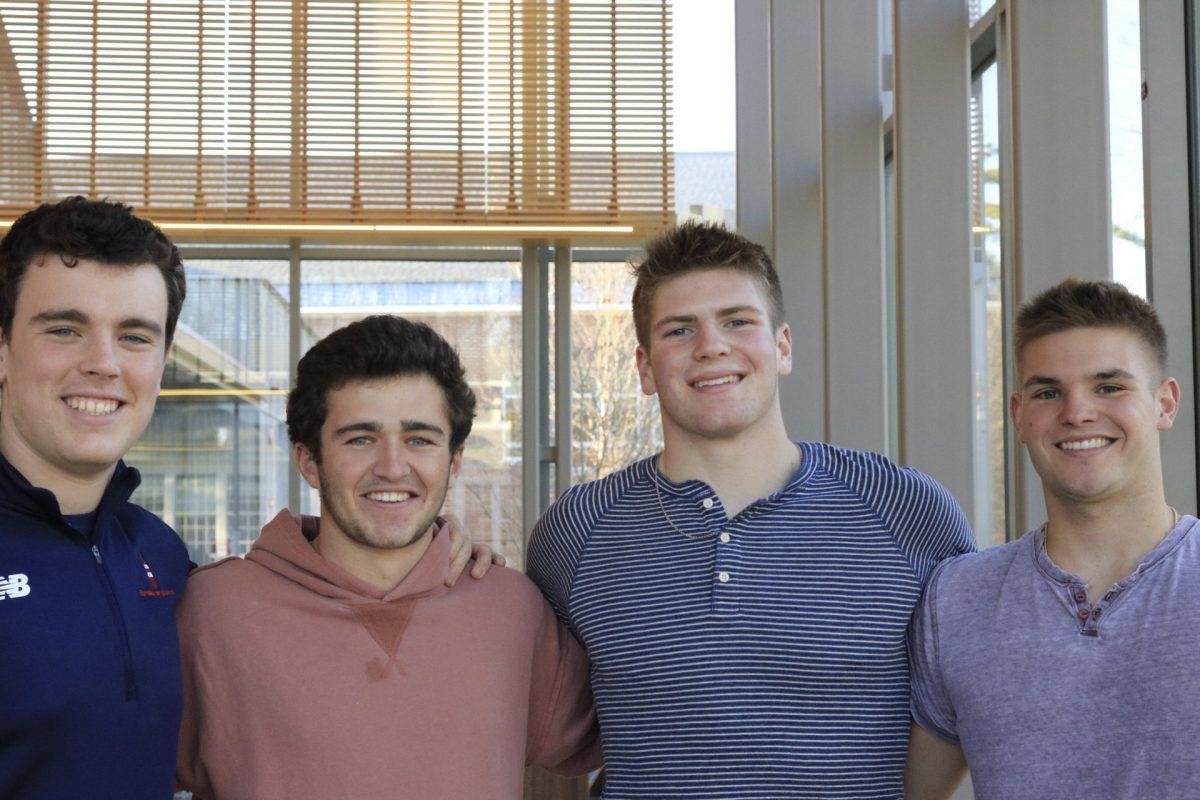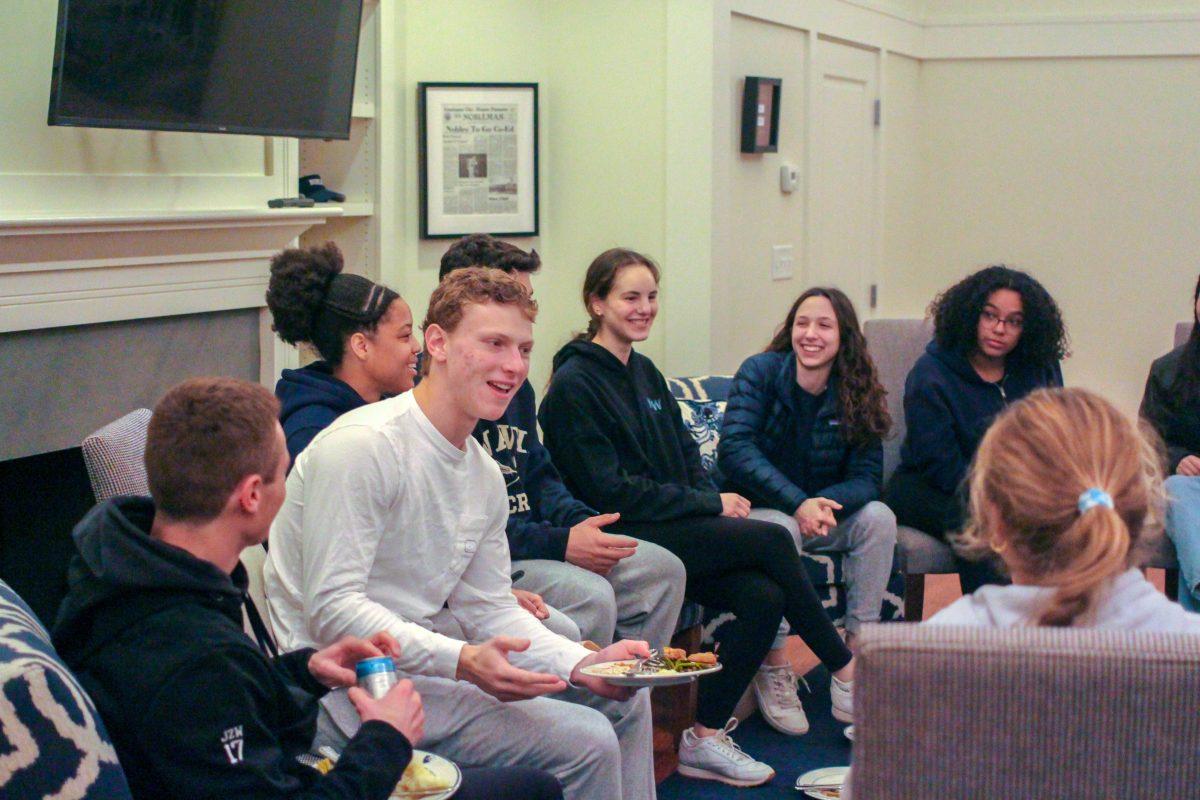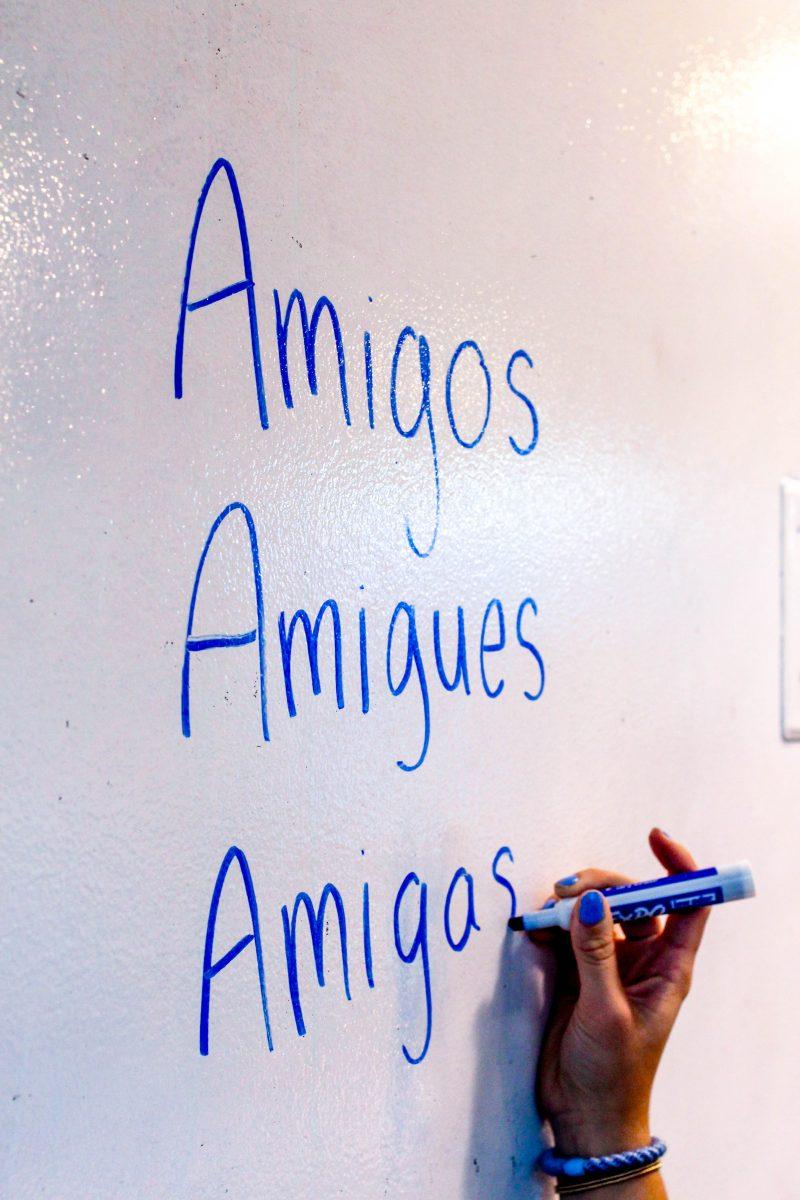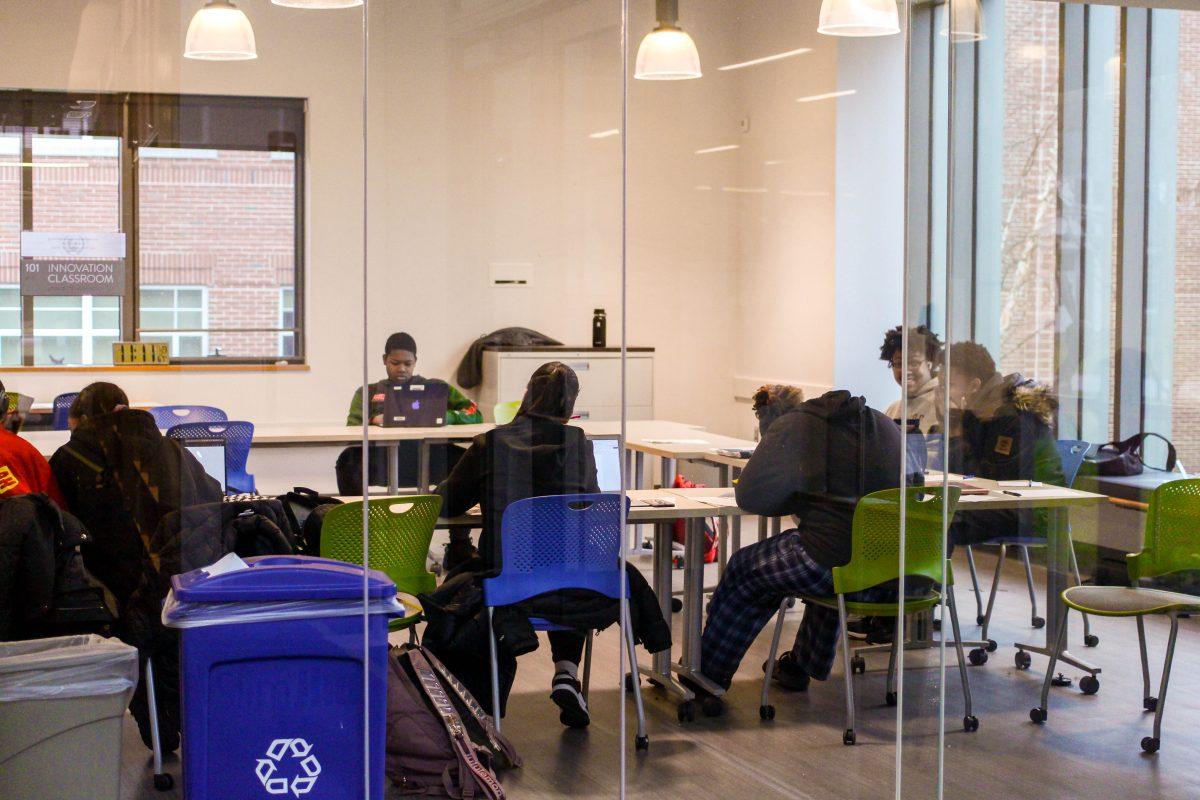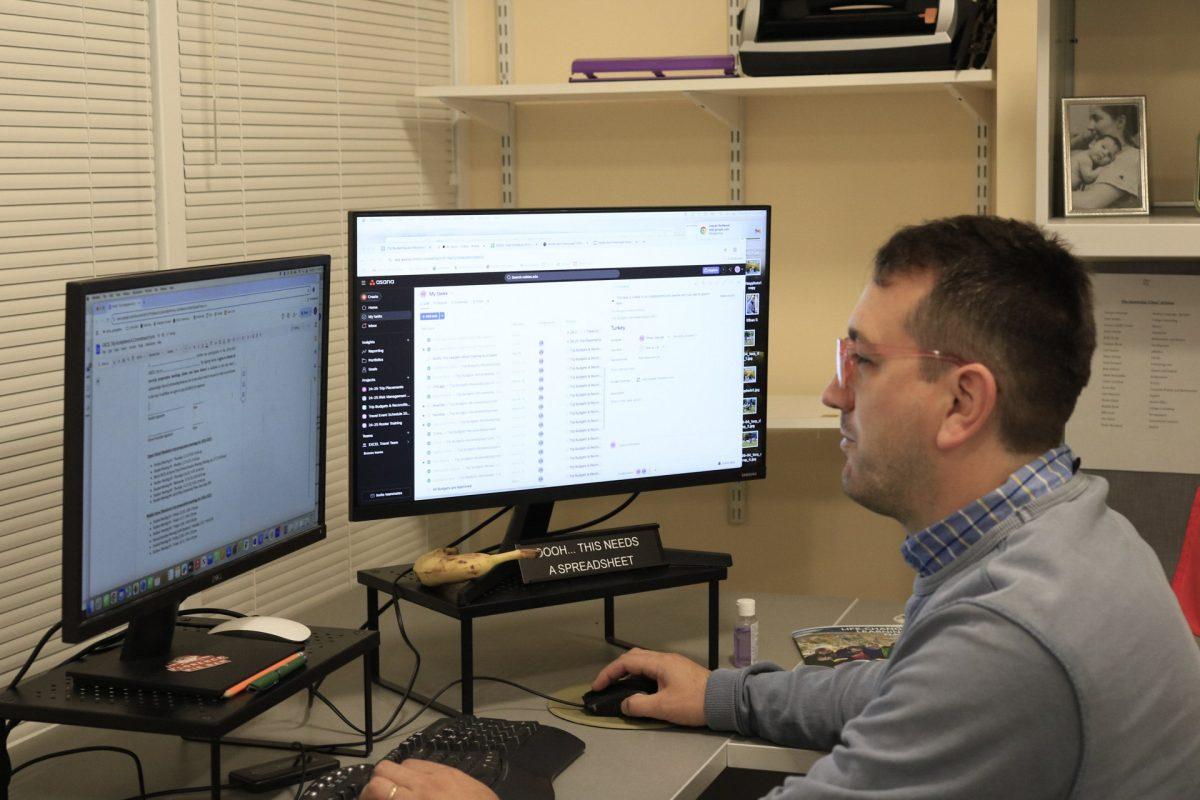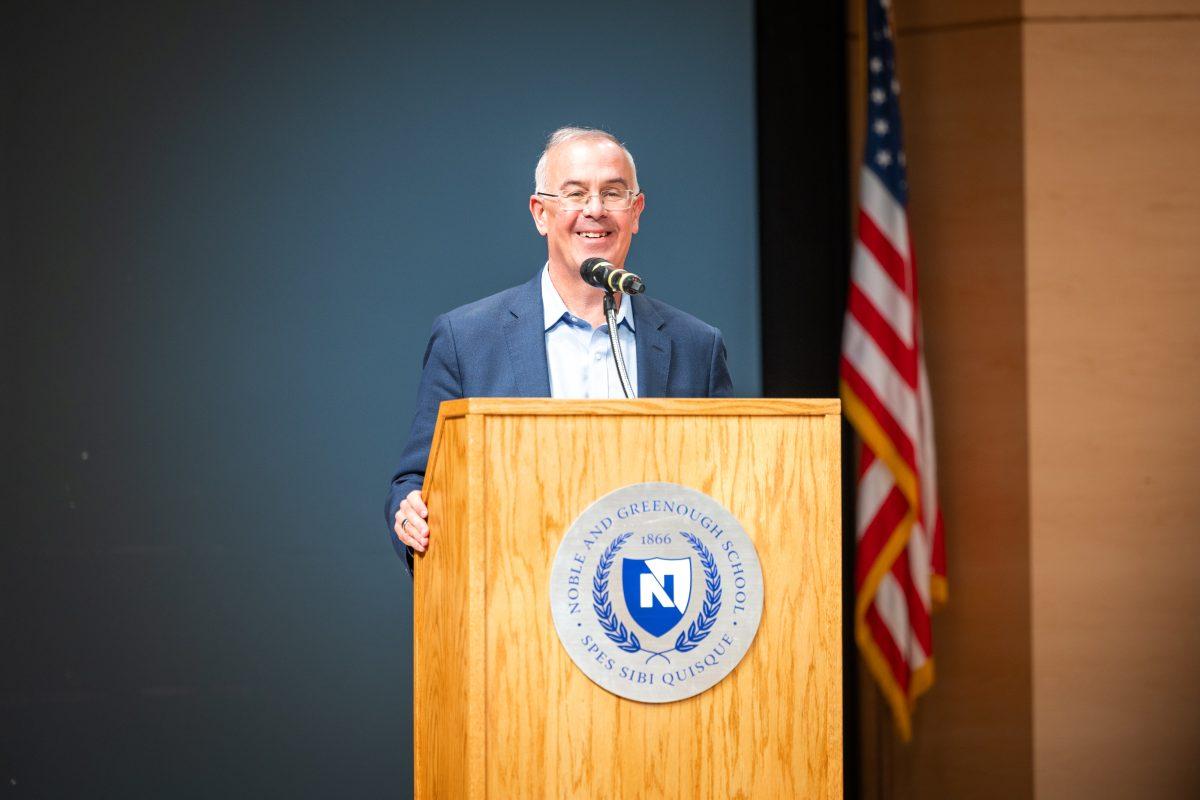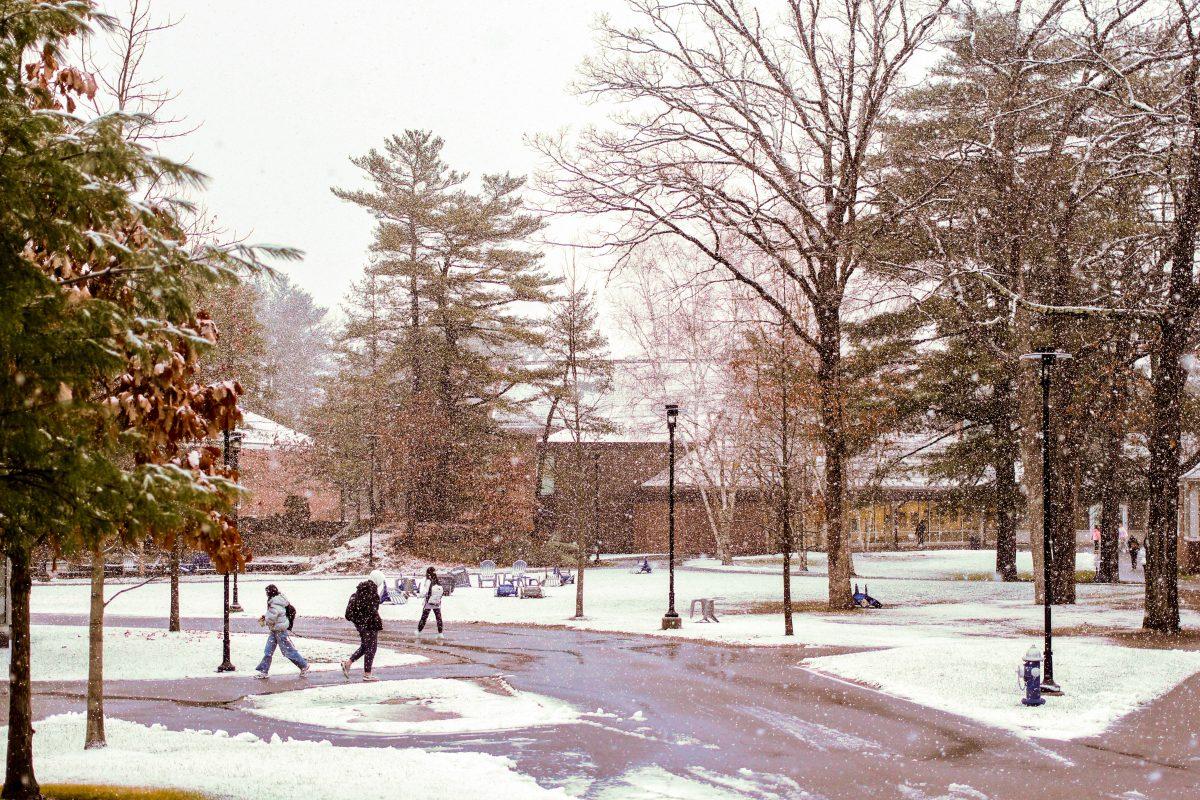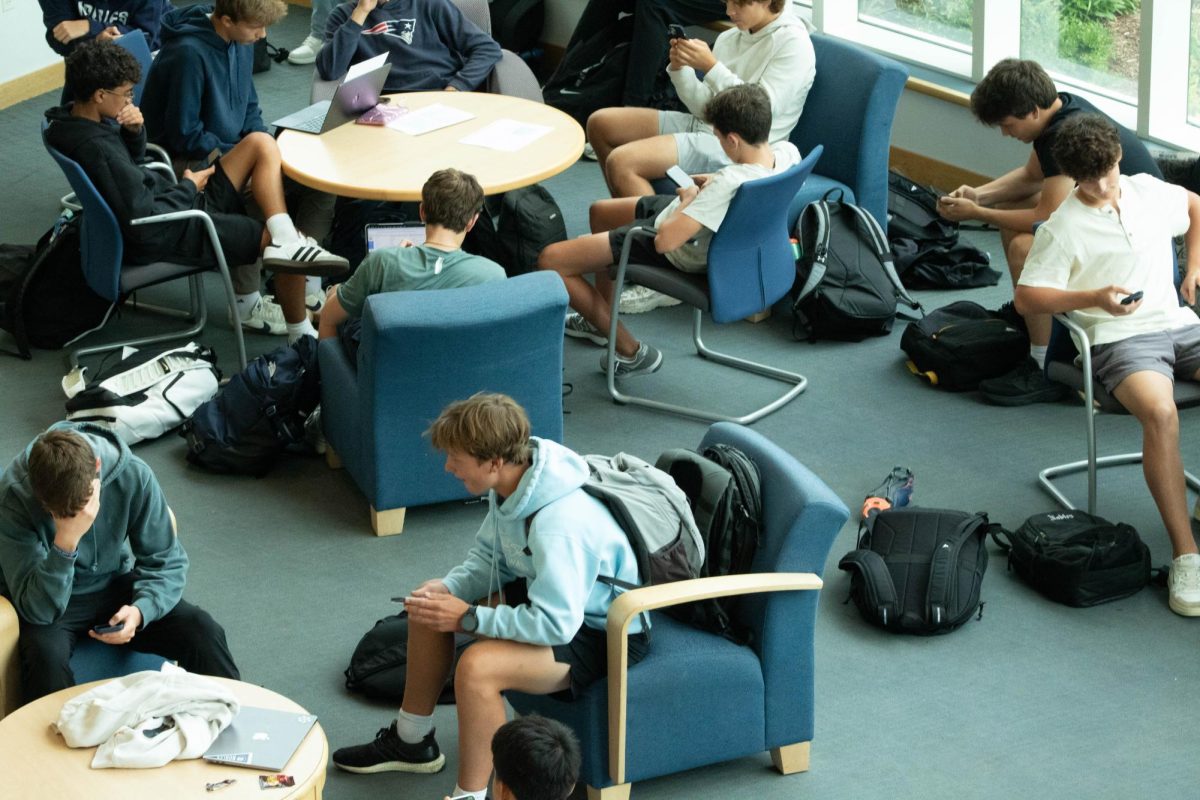For many Nobles students, the athletic recruiting process is an integral part of their high school experience. Whether in Division I or Division III sports, the recruitment process shapes much of athletes’ college admission journey. But how does the culture around recruiting at Nobles impact students who are undergoing the process?
While the recruitment process looks different for everyone depending on level and sport, most students start reaching out to coaches anytime from their sophomore year to the end of their junior year. Some student-athletes talk with coaches in person at tournaments and games while others communicate mostly electronically through emails and phone calls. Throughout their recruiting process, students build relationships with respective coaches and learn more about teams and schools. At the end of one’s recruiting process, a school might give a student an offer that will serve as a commitment that the student will be accepted into their school and will attend and participate on that college sports team.
For many Nobles athletes, the idea of being recruited for college sports is something they have considered even before they started school. “Going into Nobles, I already knew that a ton of kids get recruited for their sports, so my perspective on it hasn’t changed at all,” Kailynn Zheng (Class II) said. For her, the recruiting culture at Nobles hasn’t had the same level of personal impact as it does for some of her peers. This sense of normalcy, however, contrasts with the experiences of other students who didn’t consider the prevalence of athletic recruiting until much later. “Going into high school, I didn’t think that recruitment was an option until other people around me started getting recruited,” Anran Liu (Class II) said.
At Nobles, the casual and frequent discussions about recruiting make it hard to ignore. “People talk about it so often and so casually that it’s on my mind more than I think it maybe would be at a different school,” Liu said. While helpful for some, the open conversation about recruiting can add a layer of pressure for others who may not have initially considered it as part of their future. Many students also note that because recruiting is so common at Nobles, the college counselors, coaches, and other members of the community are very knowledgeable and helpful when it comes to the process. “I found a great support system at Nobles with my advisors and coaches,” Annie Lopez (Class I) said, who is committed to Amherst College for lacrosse. Alexie Tan (Class II) also highlighted how her college counselors assisted her in her search for a school. “[They] were very helpful, especially with the academic index, and the summer before my recruiting process started, they gave me pointers on how to talk to coaches and recommendations for what to do at tournaments they would be at.”
An upside of recruiting being widespread at Nobles is that students can gain knowledge from the advice and mentorship of older students who have already gone through the process. “It was beneficial that so many kids have gotten recruited from Nobles before me because I could go to them for advice, and I felt supported by them through the whole process,” said Tan. Many students feel a sense of community with other recruited student-athletes, who go to them for help and companionship. “I think we just have a nice community, and I think that it’s kind of nice to have people who understand the process, and not only the result,” Lopez said.

The community of recruited student-athletes can be helpful, but also comes with added pressure. “I would say there’s pressure to talk about [recruiting] because there is curiosity,” Lopez said. Similarly, students can feel more pressure to share where they are going than students might feel at a school where getting recruited for sports is less common. Some students will post on social media as their way of announcing where they have committed while others will begin to just share with their friends. “It feels like announcing is such a big thing at Nobles, and it can be sort of stressful and put a little bit of pressure on the process,” Tan said. Students may feel more pressure to talk about what schools they are thinking of or where they are in the process because of the curiosity of their peers.
“It feels like announcing is such a big thing at Nobles, and it can be sort of stressful and put a little bit of pressure on the process.”
For student-athletes, the process of being recruited to a college is filled with opportunities, resources, and guidance that can help them navigate stressful times. However, the culture can also introduce pressures that may lead to added stress and difficulty for some students. The constant conversation and curiosity surrounding recruitment, as well as the expectations around public announcements, can make it feel like a high-stakes experience for many students. Additionally the prevalent culture around recruiting introduces many students to consider opportunities for continuing athletics that they may never have thought possible.

